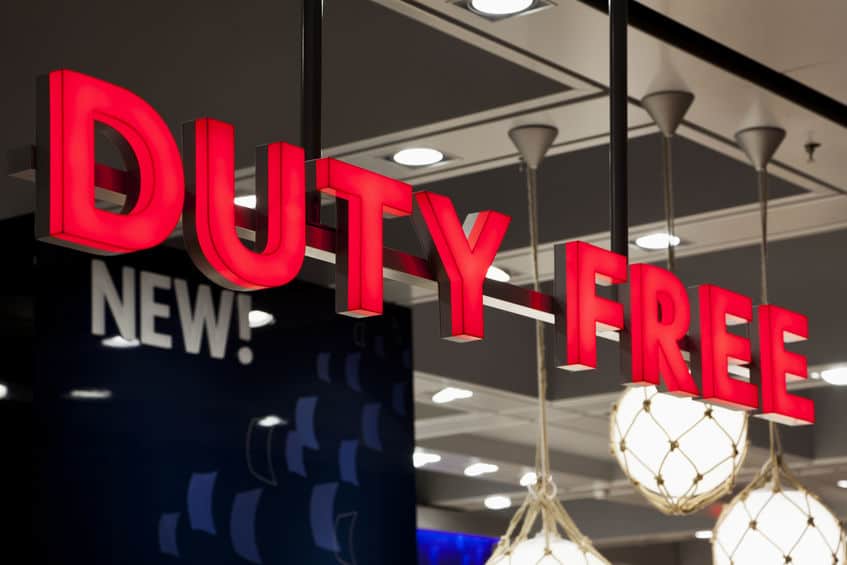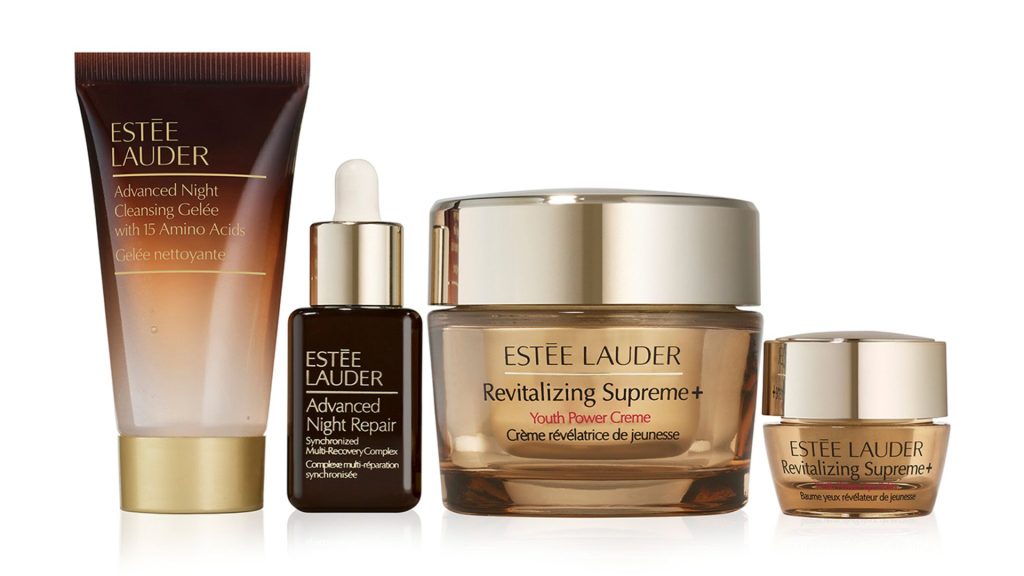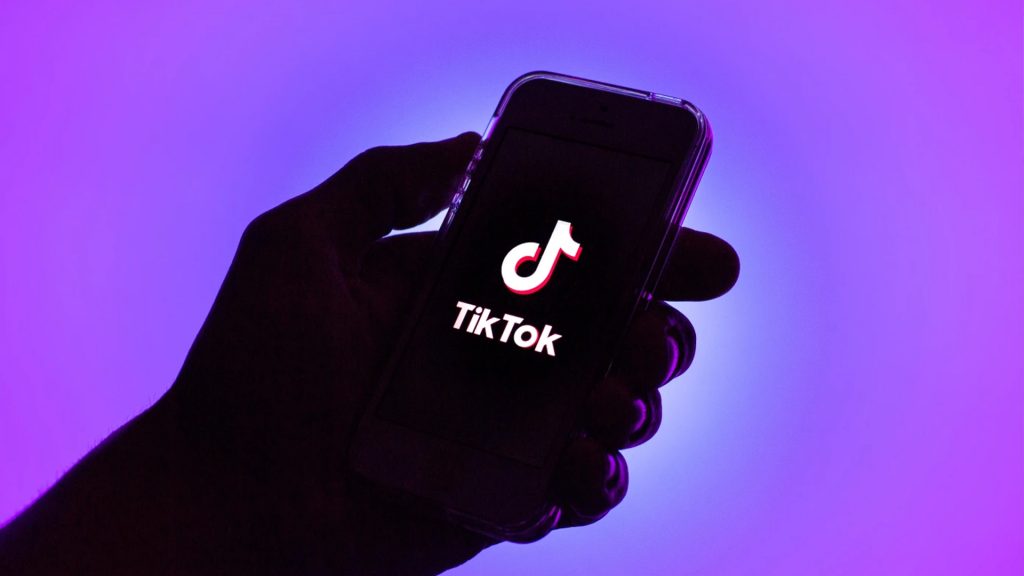In-depth: tax free shopping – what are the changes and will they dent tourism further still?
The words “Tax Free” is music to any shopper's ears. Many brands and retailers, in tourist hot spots, were looking towards 2021 with optimism. With the UK finally severing ties with the European Union, there was an expected boom for duty free shopping. High spending visitors from the EU would join the rest of the world in being able to claim back VAT from many goods purchased. While they still will be able to, HM Treasury has announced changes to Tax Free Shopping, and they are proving to be deeply unpopular within the retail industry.
So, what’s changing? From January 2021, VAT refunds for overseas visitors in British shops will be removed. Overseas visitors will still be able to buy items VAT-free in store and have them sent direct to their overseas addresses, while the costly system of claiming VAT refunds on items they take home in their luggage will be ended. HM Treasury is also ending tax-free sales in airports of goods such as electronics and clothing for passengers travelling to non-EU countries, following concerns that the tax concession is not always passed on to consumers in the airport. In some instances, these tax-free goods are brought back into the country by UK residents, putting high street retailers at a disadvantage.
HM Treasury is clearly expecting duty free shopping to be busier and is therefore no longer willing to incur the expense of running a scheme that ultimately costs them even more money. Tourists with a permanent residence in a non-EU country have been able to claim their VAT back on goods over £30 on production of their receipts. Many department stores and airports installed lounges where shoppers could claim back the value added tax on production of proof of identity and a completed tax form.
Currently, you can get a VAT 407 form from the retailer when buying your purchase. They might ask for proof that you’re eligible, for example your passport. You show the goods, the completed form and your receipts to customs at the point when you leave the UK or EU. Customs will approve your form if everything is in order. You then take the approved form to get paid.
Companies, such as Global Blue or ChangeGroup, partner with stores worldwide, and offer a service for tourists to claim back the tax. The refund paid is the VAT minus the company's “service fee”. Many people have complained about these high fees and hidden costs like service fees, currency conversion fees and payment fees etc.
According to Visit Britain, international tourists spent £6bn on shopping in the UK in 2018. Of those transactions, £3.5bn were registered as tax free sales, although VAT was only reclaimed on £2.5bn. From January 2021, visitors will be able to buy the same goods, but will no longer be able to take them away with them there and then if they want to claim back the VAT. They will have to be sent or couriered by the retailer to their home address, wherever they live in the world. Retailers are worried that this new system will put many tourists off buying. Being able to take your purchase away instantly is one of the joys of shopping. It also means that many will be liable for import duties or taxes in their home countries rather than being able to smuggle it through in their luggage. Some countries have very high import taxes negating the VAT saving. For example, in China, the “Table of Tax Rates on Personal Luggage of Passengers and Personal Postal Parcels Arriving in China” is 50% for watches and timepieces valued over 10,000 yuan (About £1,150). Under 10,000 the rate is 30%.
Walpole, an organisation representing 270 of the UK's finest brands, has sent a letter to the UK Chancellor this month and has joined forces with New West End Company along with the British Retail Consortium (BRC) and the Association of International Retail (AIR), to express their deep concern and shock over the decision.
It said “it is extremely concerned by the decision’s inevitable impact, not only in London and other key UK shopping destinations for affluent international visitors, but also on the sector’s nationwide manufacturing hubs, where otherwise sustainable skilled employment will be affected by a further contraction in sales.
“The Covid-19 crisis has already dramatically reduced numbers of international visitors to Britain, and other European cities, and the removal of tax-free shopping for anyone visiting the UK will leave Britain at a profound competitive disadvantage post-Brexit.”
Walpole CEO, Helen Brocklebank, explained: “International visitors are fundamental to the UK luxury sector’s recovery. Right now, the Government needs to be doing all it can to underline the allure of UK PLC and accelerating efforts to encourage affluent visitors to return to our shores rather than actively discouraging them with rulings like this. Globally famous brands like Burberry, Johnstons of Elgin, Harrods, Glenfiddich whisky and Hendrick’s Gin created a ‘jewel in the crown’ sector that was growing at nearly 10% each year before the pandemic, worth £48 billion to the UK economy. £4.5 billion in sales was generated by international visitors alone. Paris ranks as number one destination for luxury shoppers, closely followed by London. We will have no chance of retaining that position or becoming number one unless this decision is reversed.”
The important thing to note is that the government has not removed tax-free shopping, it is just making it harder for people to avoid import duties and avoid tax in their own jurisdiction. However, the UK has already lost vast amounts of tourist spending and anything that looks like it could diminish it further is being met with shock and negativity. The UK will become the only European country not to offer VAT-free shopping for international visitors, but it is hard to argue a case without admitting that many tourists take part in tax avoidance. HM Treasury is expecting a higher number of tax claims when EU tourists join those outside of the EU in being able to claim and doesn’t want to shoulder the increased costs of administering this scheme.
In the new scheme, the VAT will be taken off by the retailer at the till. This new scheme requires added logistics, which adds extra costs for the retailer or seller.
One of the big questions will be, who will pay for carriage to the purchaser’s destination? Plus, installing a trusted form of delivery, in what could be very expensive goods, and making sure they arrive where and when they are supposed to arrive and making the consumer comfortable with that. It will surely have added insurance costs.
As for the change in ending tax-free sales in airports of goods such as electronics and clothing for passengers travelling to non-EU countries, the once bright spot of retail, pre-COVID, the airport, will no longer be as attractive to fashion retailers who can’t promote these duty-free savings. Airports have, over recent years, become shopping centres with runways and this will surely dent sales.
The retail industry could offer to pay the costs of running the tax refund system. It could add a surcharge to each purchase where the VAT is reclaimed. Unfortunately, due to the drop in tourist numbers, it will be harder to compare the effects of this new scheme with the old and whether this is reducing spending overall. When tourists are explained the new scheme, will they decide to buy elsewhere? Pay for the goods and have them shipped to get the VAT back? Or, simply swallow the full retail price?






